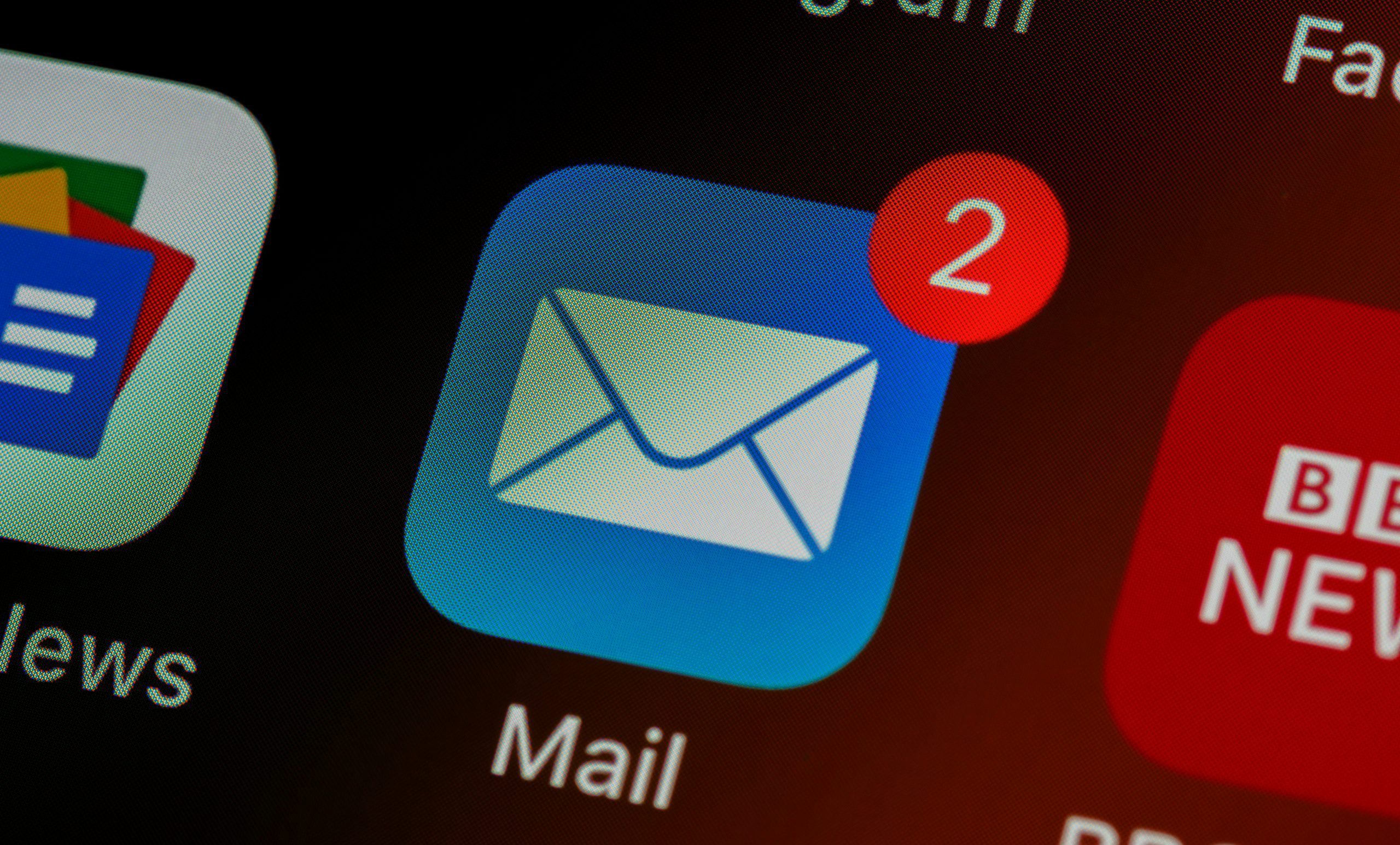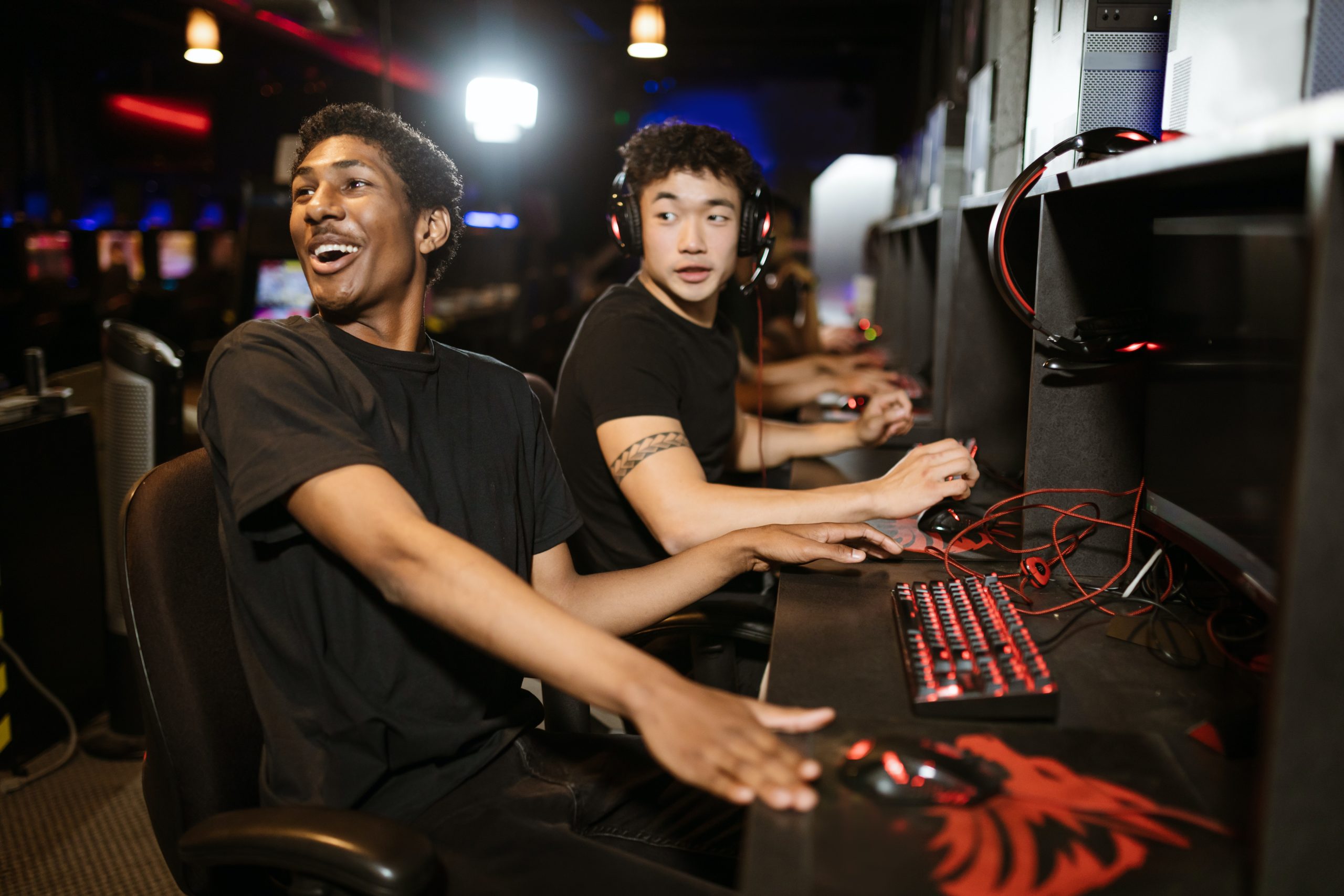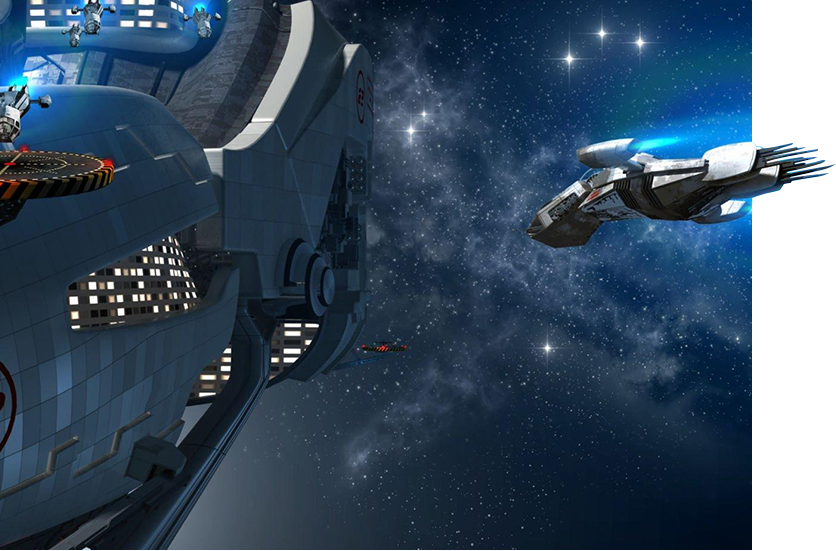Getting started with Bluesky and Twitter
In previous posts, we’ve recommended social media as a cheap and effective way to reach your game’s audience. Recently, Bluesky has emerged as a popular social platform within the game industry thanks to its ease of use and focus on discoverability and engagement. New opportunities for your game to strike it big on social media come with a new social platform. Understanding the correct approach, though, is critical to maximizing your results while minimizing effort. Whether you’re launching a new Bluesky page or need tips to increase engagement on an existing page, we have a few tips to help get you started.
Starting Your Account
If you’re beginning with a fresh page, updating your profile as soon as possible is essential. Add your logo as a profile image, and choose a stylish header to tie it together. Make sure your images fit the sizing guidelines. Otherwise, they’ll appear stretched or blurred, giving a low-quality look to your account. Spruce up your bio with a few sentences about your studio or project, and include your best contact information.
If you’re deciding between styling the account for your studio versus your game, ask yourself what you’d like to achieve with your page. If you’re planning to produce multiple projects, forming the account under your studio means the following will carry over to your next games. If this project is a one-off or the genre will differ significantly from future projects, then structure the page around your game.
Who To Follow
One of the most overlooked aspects of social media marketing is curating the accounts you follow. Applying a strategy to the accounts you follow can kickstart your profile with its first few dozen followers.
Consider who your audience is. Do you want your posts to reach content creators? Publishers? Journalists, or other indie game developers? Ask yourself these questions, and begin following these accounts from your profile. Each person you follow will receive a notification, often earning you a new follower! We recommend following between 400 and 500 accounts to get your page off the ground. You can always unfollow people you’re not mutuals with.
Gaining New Followers
Followers are a valuable resource for 2 reasons:
– They’re more likely to engage with your posts.
– Higher follower numbers make your page appear more ‘legitimate’ or reputable.
Producing relevant and high-quality content is the easiest way to earn new followers. You can also gain followers by following new accounts, as stated above. The first 100 followers are the hardest to earn, so prioritize following new people and engaging with their posts to get the account off the ground. Moving forward, popular hashtags and healthy engagement will keep this follower number growing!
What To Post
The most challenging hurdle to overcome: what should I post? No two games are exactly alike, so that each strategy will differ slightly. Thankfully, there are a few common themes that apply to most projects:
- Introduce Yourself
Your first post should be an introduction to the account. Whether you’re promoting your studio’s backlog or a specific game, your first post should indicate who you are and what you’re working on. We advise ‘pinning’ your post to the top of your profile so it’s the first thing visitors see. This introductory post will serve to orient them to your brand. Twitter and Bluesky limit your character use, so this post should be short and effective. To save space, link your Steam page in the replies of your post.Here’s an example post for a fictional game titled Sea Glass:
Introducing Sea Glass, a casual puzzle game coming to Steam! Collect sea glass along the shore and arrange these unique shapes to form a picture. Sell your creations in local shops to purchase upgrades for your business, like decorative frames, templates, and dyes to unlock new colors! - Leverage Assets
Social media is highly visual, so leveraging assets is crucial to your post’s success. On text-based platforms like Twitter and Bluesky, it is essential to include an asset with every post you publish. Assets include video clips (trailer, gameplay, devlog), screenshots, concept art, GIFs, and photographs. Adding media helps your post stand out and gives people a taste of your project, even if they don’t read the text. - Follow Trends
Thankfully for indie developers, trends are a huge part of promoting your project on social media, offering solid guidance on your posting schedule. A few trends happen weekly and rely on hashtags, so as long as you tag your post, you’re included!
– #trailertuesday: Post footage or a link to your trailer
– #wishlistwednesday: Encourage wishlists for your game through an original post, or by interacting with another #wishlistwednesday post
– #followfriday: Encourage new followers with this tag
– #screenshotsaturday: Post screenshots of your game
Dozens more tags target specific genres (such as #turnbasedthursday or #turniptuesday), but the above represent an applicable list to any game.
There’s more strategy to social media, but the above paints a broad overview for success on the platform. If you’re feeling overwhelmed, try planning your posts using the Twitter or Bluesky scheduling tool. If you need more advice on getting started or reviving an old account, Starfall PR is always here to help. Contact us through the form below or on our contact page.
Photo by Pixabay: https://www.pexels.com/photo/like-printed-on-brown-wooden-scrabble-267355/















